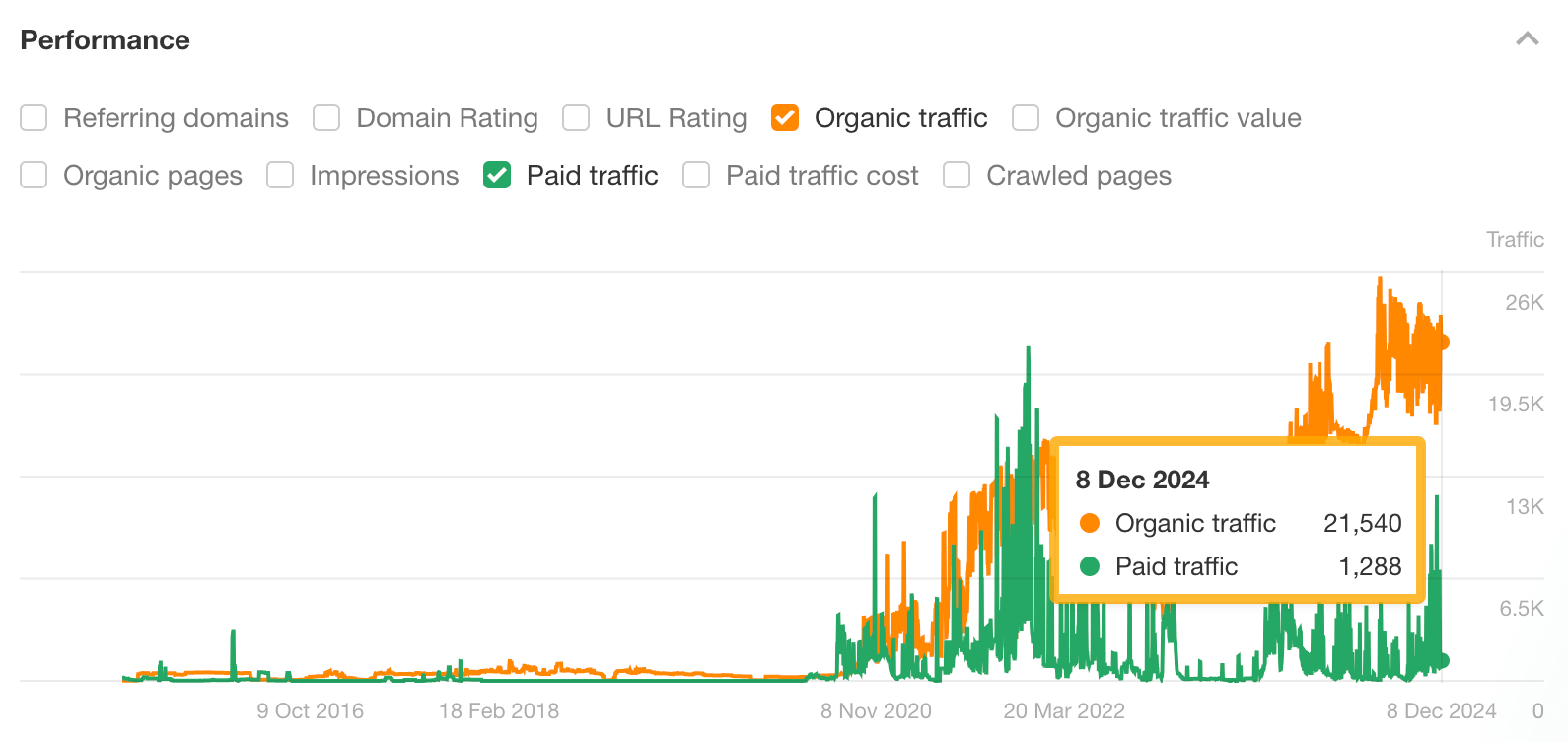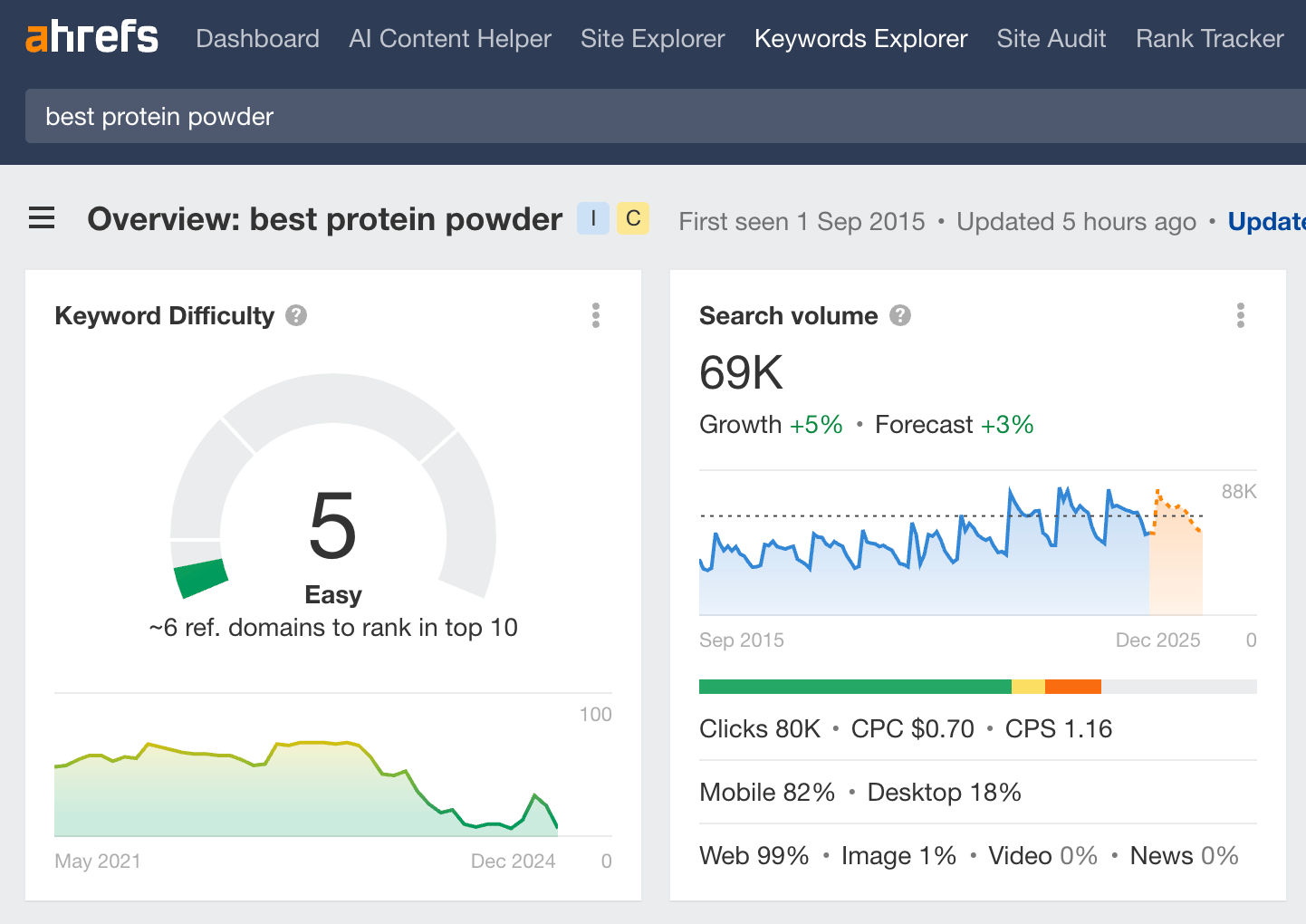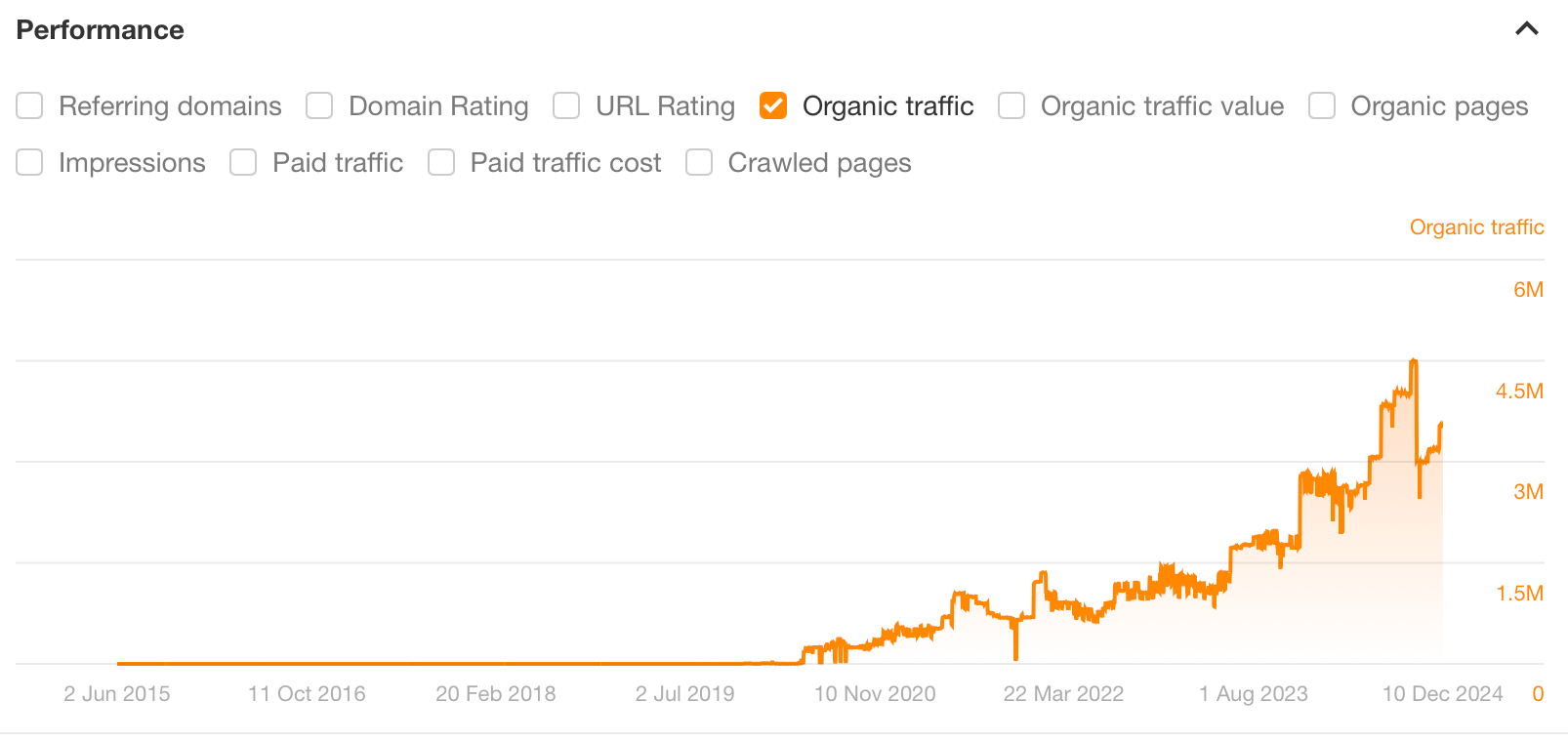We’re a Dallas Digital Marketing Agency and I remember when I was buying my first laptop.
It was actually a netbook, if anyone remembers when those were hot on the scene. I was in the store and the salesman was really pushing the HP version, which was, of course, the most expensive one they carried. So, I asked him if I could have some time to play around with it. Then, on my potential new netbook, I Googled other netbooks and reviews – right there in the store! I felt so bad ass.
Pixabay
Fast forward some 10-15 years later, and this ingenious idea I had of checking others’ reviews before I made a purchase has become such a mainstay, that my bad ass feeling is downright laughable.
Today, we live in a review-based economy. Everything is reviewed – from the restaurants we eat in, to the BnB’s we sleep in, to the drivers we ride with and the passengers who ride with them! You’d be hard-pressed to find a product or service today that doesn’t have direct customer or user feedback somewhere on the internet.
But, their pervasiveness isn’t the issue here. Reviews are increasingly influencing purchasing decisions. In fact, according to a recent study by Invespro, 90 percent of consumers read online reviews before even visiting a business, 72 percent will take action only after reading a positive review, and a single negative review can cost a business about 30 customers!
Learning how to navigate today’s review-based economy is paramount to businesses’ success. And, as PR becomes increasingly tied to sales and marketing, here are three ways PR firms can help.
Just Outright Ask
Many PR firms help their clients run customer or partner programs to source testimonials, case studies, guest blog posts, or candidates for media and analyst briefings.
But, these programs do more than just generate content and a soundbite. They can often strengthen the business-customer relationship as a whole. Not only do customers often get something out of these programs – be it press coverage, content, SEO value, or what have you – but they also leave customers feeling valued and prioritized.
And, hopefully, such programs can grow customer relationships to a point where you’d feel comfortable just outright asking them to review your product or business on Yelp, Google, etc. or technology-driven review sites like G2 Crowd, IT Central Station, Gartner Peer Insights and TrustRadius.
In most cases, the account manager would be the one to ask for the reviews. But, PR firms can help by putting together a template or tip sheet to guide the account managers to ensure they’re getting the most of their request (and even be able to leverage it for further PR efforts down the line).
Show Me The Data
Substantiating any product or service with quantitative facts helps give any company a credible edge – and data to back otherwise mostly qualitative reviews. It also gives existing customers reassurance that they made the right choice, and encourages prospects to make the same commitment.
We see this often with big consumer brands – especially those with well-known competition. Just take Verizon, for instance, and its study that proved Verizon iPhone owners don’t have as many dropped calls as AT&T iPhone owners.
But, there are ways to do this across any industry. Just last year, one of my clients, Continuum, who delivers IT solutions for MSPs, produced an independent study that found that Continuum’s partners are able to achieve greater profitability than other MSPs because of the company’s unique business model. Brilliant. Data, unique selling propositions and partner satisfaction delivered all together with credibility for the ultimate PR-able review.
Get the Buzz Going
PR firms can also contribute to positive reviews with strategic social media programs.
According to Statista, nearly 59% of American consumers engage with brands on social media platforms – sometimes up to three times a day. What’s more, nearly two-thirds of consumers who are satisfied with brand interactions over social media are likely to recommend that brand to others.
So, social media just upped its game in this review-based economy of ours. And, PR pros can help increase customer and partner engagement via social media, especially with enablement programs – and even tools.
Tools like GaggleAMP can be used to effectively empower audiences – meaningful audiences, from employees to partners to customers – to share content on social platforms using a central distribution channel. So, each time you get a positive piece of press coverage, for instance, sharing it via GaggleAMP can encourage others to also share it and increase that positive social buzz!
What Not To Do
Whether through customer programs, quantitative research, social media or otherwise, PR firms can do a lot for brands to elevate their (hopefully positive) review presence. But, the one big no-no is to have your PR firm post their own client reviews.
This crosses an ethical boundary and infringes on the trust buyers place in the review system as a whole. After all, the point of reviews is that they come from real users, sharing real experiences and feedback.
Unfortunately, PR firms have tried this and been exposed in the past, but have hopefully since wised up!
While these tips are helpful, they’re just the tip of the iceberg. What PR strategies or programs have you found to help companies navigate the review-based economy?
Content Copyrights Belong to The Author. All Rights Reserved.
We're A Dallas Digital Marketing Agency That is Experts At Social Media Marketing, Website Design and Emarketing and Promotion.



